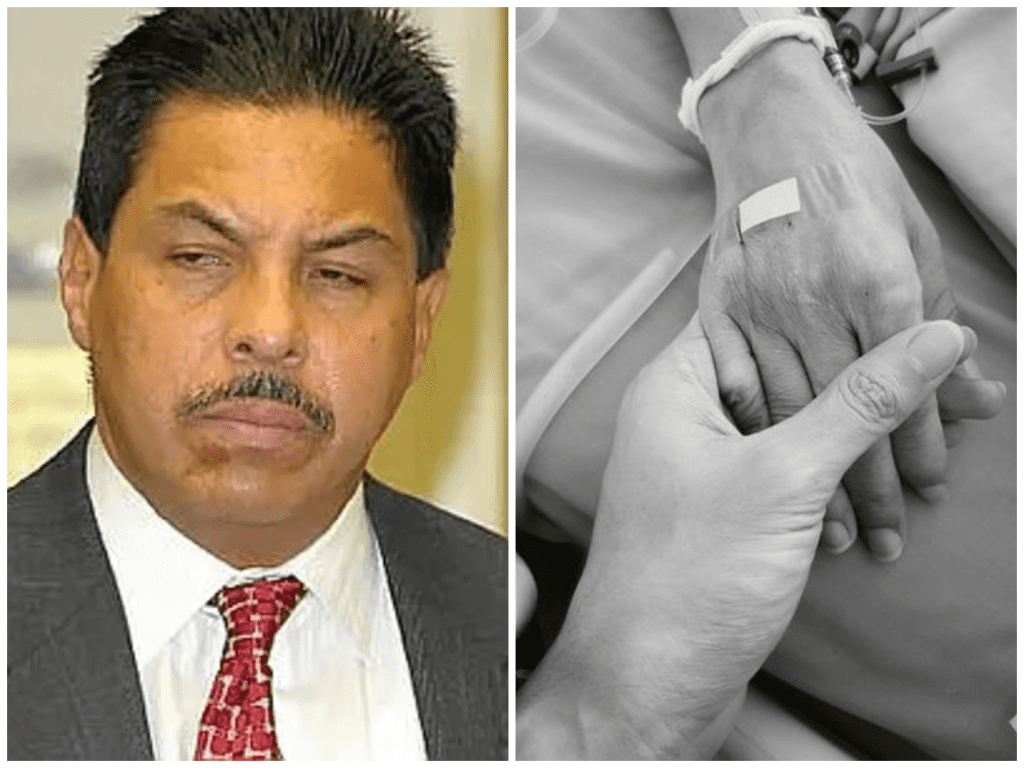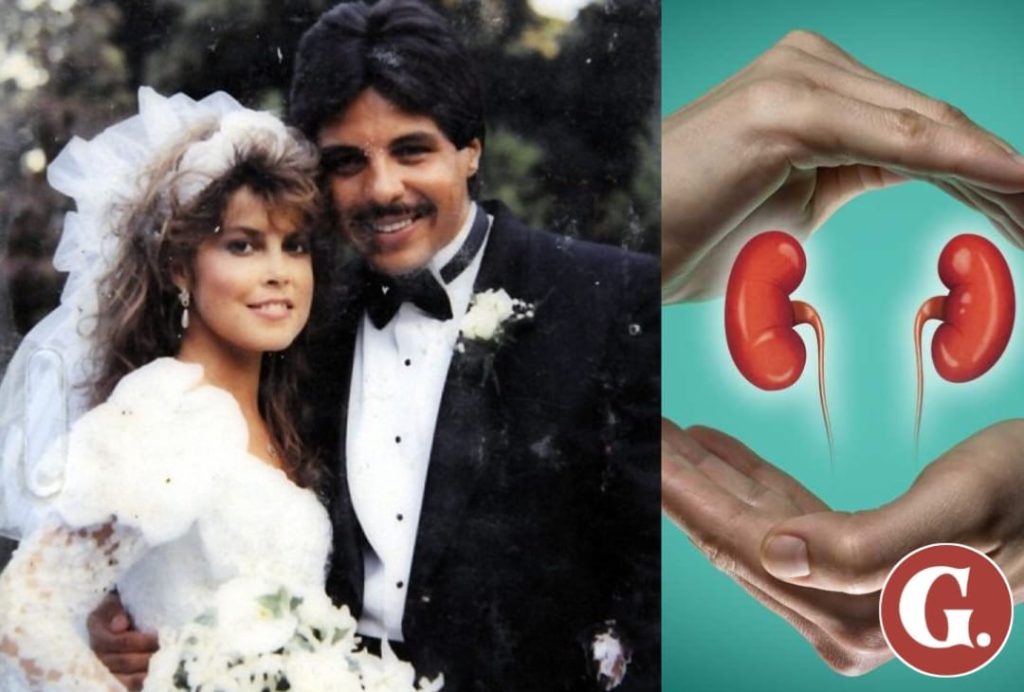He Donated a Kidney to His Wife to Save Her Life — Then Demanded It Back During Divorce in One of the Most Shocking Relationship Feuds Ever
I remember scrolling late one night when the headline caught my eye: “Surgeon Demands Kidney Back or $1.5 Million After Divorce.” It sounded more like a soap opera plot than real life. But digging deeper, I discovered this strange and emotional saga unfolded in the mid‑2000s on Long Island—and the real people involved gave it a haunting human edge.

Richard and Dawnell Batista tied the knot in 1990, excited and hopeful about building a life together. Over the years, they welcomed three children and weathered the everyday joys and challenges of marriage. But in 2001, everything changed. Dawnell’s kidneys were failing, and after two unsuccessful transplants, her life was at risk. Richard, a surgeon with a strong sense of devotion, made a selfless decision: he donated one of his own kidneys to his wife. In his words, this was both “to save her life and to save our marriage.” His sacrifice was praised by friends, family, even the media—who called it a modern-day act of heroic love.
Yet, despite such a deeply personal gesture, the front page of news outlets told a different story by 2009. Dawnell filed for divorce in 2005, fracturing the marriage once heralded as unbreakable. Richard’s heartbreak was both raw and public. He didn’t just want a divorce settlement—he wanted his kidney back or, failing that, $1.5 million in compensation. “She slapped me with divorce papers when I was in surgery trying to save another person’s life,” he lamented at a press conference. The world watched in stunned silence.

It wasn’t just tabloid fodder. Medical ethicists spoke up, reminding everyone that refusing a kidney to a transplant patient is medically impossible and morally wrong. “It’s illegal for an organ to be exchanged for anything of value,” noted Georgetown ethicist Robert Veatch. And all legal experts agreed—once donated, an organ is a gift. You can’t take it back, and you certainly can’t assign it a dollar value.
In court, the judge had little choice. Matrimonial referee Jeffrey Grob ruled that Richard’s kidney was a gift, not marital property, and dismissed his demand. Even if compensation had been allowed, the law itself banned assigning value to human organs. Furthermore, removing Dawnell’s functioning kidney would have endangered her life—and not even a court could order her to consent to that.

Beyond headlines, this case reflects something deeper. It cuts into themes of trust betrayed, love gone sour, and how far someone might go when a bond implodes. Richard’s anguish felt genuine. Dawnell’s grief, complex and silent, was overshadowed by legal fights. Friends and family were drawn into gossip. A beautiful story of sacrifice became a cautionary tale about relationships unraveling under strain.
Over a decade on, it’s tempting to dismiss this as bizarre news from another era. But the questions it raises still linger: Do you ever really “own” parts of yourself—even those you gift out of love? When relationships end, how do we weigh emotional wounds against legal rights? And perhaps most poignantly, how do we carry on after sacrificing so much, only to feel the ground crumble beneath our feet?
I think back to other acts of love—parents donating marrow to a child, siblings giving kidneys, partners supporting each other through illness—and I wonder how common heartbreak haunts those stories. Most people live quietly, without headlines claiming organs as bargaining chips. This story went viral because it was shocking. But it also serves as a painful mirror: in divorce, in love, in human desperation, we can do astonishing things—and sometimes, those acts echo back with surprising cost.

In the end, Richard didn’t regain physical ownership, but his case triggered deeper legal clarity: organs are gifts, not assets. His children likely wrestled with heartbreak and pride—of having a devoted Dad, but also feeling their parents shatter. Dawnell moved forward, living with a kidney that saved her life and perhaps haunted her memory. Life carried on, messy and real.
That’s what grabs me. Stories about love, loss, and absurd courtroom fights are more than drama—they’re reflections of who we are. We sacrifice, we hope, we hurt. And sometimes, we expect justice that the law can’t—or won’t—deliver.
This story has faded from our news feeds. But its message lingers: giving a part of yourself can be the most generous leap, but holding on too tightly to what you’ve given can turn that leap into a fall. It’s a tale that leaves me reflecting on my own bonds—and what truly counts when the world asks for repayment.


